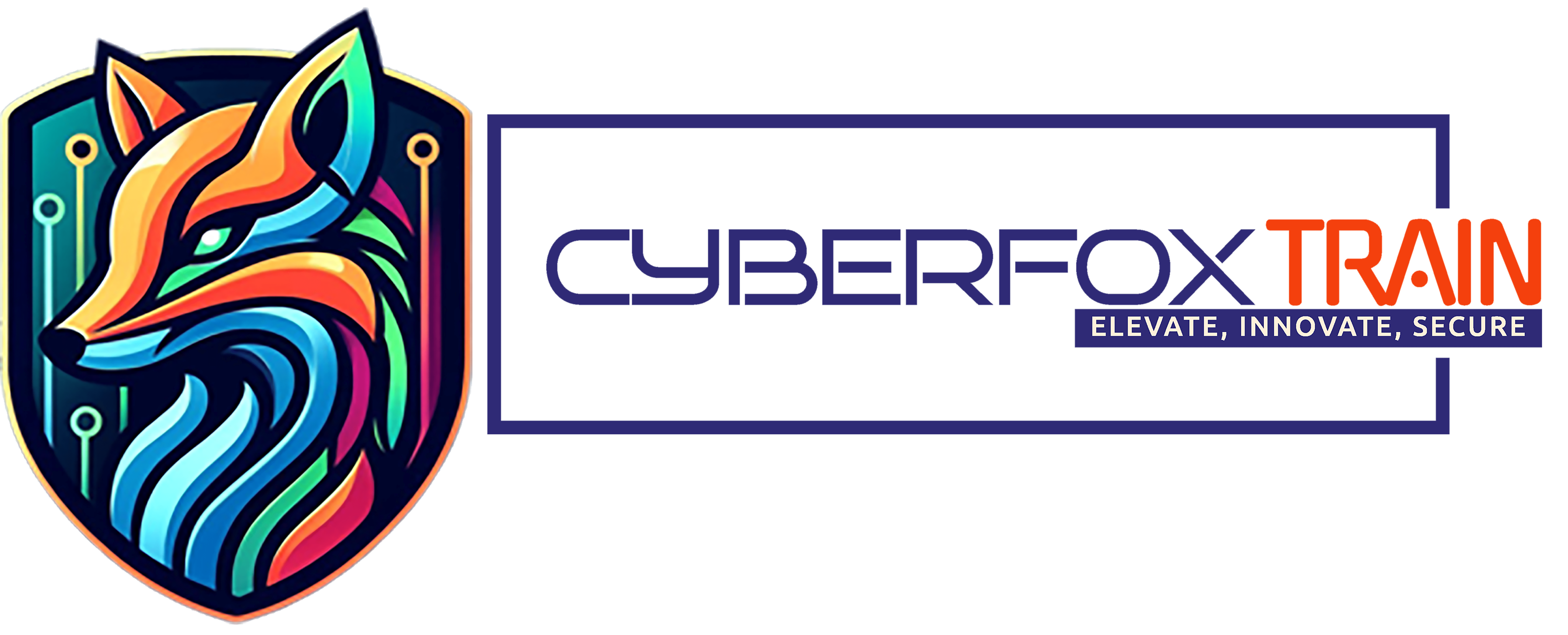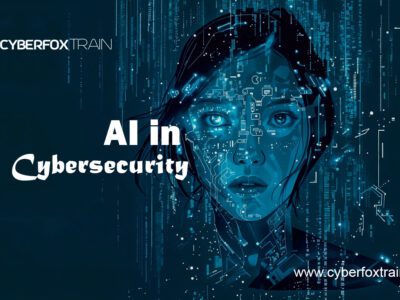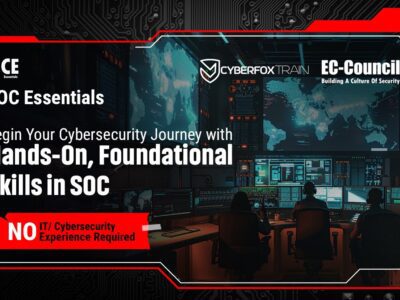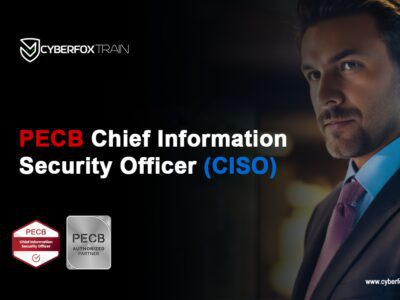Advanced Cybersecurity Masterclass for CXOs
In an era marked by unprecedented digital transformation and evolving cyber threats, the banking industry faces unparalleled challenges in safeguarding sensitive data, protecting customer trust, and ensuring operational resilience. This bespoke four-day Advanced Masterclass on Cyber Security is specifically tailored for CXOs in the banking sector. The masterclass aims to equip senior executives with advanced knowledge, practical insights, and strategic perspectives on cyber security, empowering them to lead their organizations in navigating the complex cyber threat landscape and fostering a culture of cyber resilience.
Benefits:
By participating in this Masterclass, you will:
- Gain deep insights into the latest cyber security trends, threats, and technologies shaping the banking industry.
- Enhance your strategic decision-making capabilities and risk management acumen to effectively mitigate cyber risks.
- Strengthen your leadership skills and ability to drive organizational change in fostering a cyber-resilient culture.
- Forge valuable connections and collaboration opportunities with industry peers, cyber security experts, and thought leaders.
Key Focus Areas:
- Zero Trust Architecture: Principles, implementation, and real-world applications.
- Advanced Threat Detection and Response: AI and machine learning in threat detection, Extended Detection and Response (XDR), incident response best practices.
- Supply Chain Security: Mitigating supply chain risks, securing third-party vendors, case studies (e.g., SolarWinds).
- Cloud Security Posture Management: Securing multi-cloud and hybrid environments, identity and access management, compliance, and governance.
- Ransomware Defense and Mitigation: Latest trends, proactive defense strategies, response and recovery plans.
- Cybersecurity in the Era of AI: AI-powered threats, defensive measures, ethical considerations.
- DevSecOps: Integrating security into DevOps, automation, and continuous security monitoring.
- Regulatory Compliance and Data Privacy: Navigating global regulations (GDPR, CCPA), data protection, building a culture of compliance.
- Cyber Risk Management and Quantification: Quantifying and communicating cyber risk, cyber insurance, risk management frameworks.
- Insider Threat Management: Identifying and mitigating insider threats, behavioral analytics, building an insider threat program.
- Emerging Technologies and Security Implications: IoT, 5G, blockchain, quantum computing.
- Crisis Management and Business Continuity Planning: Developing incident response plans, ensuring business continuity, communication strategies.
- Cybersecurity Metrics and KPIs: Developing and tracking security metrics, reporting to the board, driving security improvements.
- Ethical Hacking and Red Team Exercises: Importance of ethical hacking, planning and conducting red team exercises.
- Security Automation and Orchestration: Leveraging SOAR, automating repetitive tasks, enhancing incident response through automation.
Instructor Profile:
With an illustrious career spanning over four decades in the fields of banking, technology, and cybersecurity, Mr. Muppaneni brings a wealth of knowledge, expertise, and passion to this pivotal role. As a seasoned cybersecurity professional, Mr. Muppaneni has distinguished himself through exemplary leadership, strategic vision, and dedication to advancing cyber resilience in organizations across various sectors, including banking and finance. His extensive experience encompasses risk management, incident response, threat intelligence, and security governance. Mr. Muppaneni’s dynamic teaching style, practical insights, and real-world case studies ensure an engaging and enriching learning experience for participants.
Course Schedule:
Day 1:
- Session 1: Introduction to Cyber Security Trends
- Overview of current cyber threats, attack vectors, and emerging trends
- Session 2: Cyber Threat Intelligence
- Importance of threat intelligence in proactive cyber defense strategies and decision-making
- Session 3: Zero Trust Architecture
- Principles and implementation, case studies, integrating zero trust with existing security frameworks
- Session 4: Advanced Threat Detection and Response
- AI and machine learning in threat detection, Extended Detection and Response (XDR), incident response best practices
Day 2:
- Session 1: Supply Chain Security
- Understanding and mitigating supply chain risks, securing third-party vendors, case studies (e.g., SolarWinds)
- Session 2: Cloud Security Posture Management
- Securing multi-cloud and hybrid environments, identity and access management, compliance, and governance
- Session 3: Ransomware Defense and Mitigation
- Latest trends in ransomware attacks, proactive defense strategies, response, and recovery plans
- Session 4: Cybersecurity in the Era of AI & DevSecOps
- AI-powered cyber threats, leveraging AI for defensive measures, ethical considerations, integrating security into DevOps processes, automation, and continuous security monitoring
Day 3:
- Session 1: Regulatory Compliance and Data Privacy
- Navigating global regulations (GDPR, CCPA), strategies for data protection and privacy, building a culture of compliance
- Session 2: Cyber Risk Management and Quantification
- Methods for quantifying and communicating cyber risk, cyber insurance, building effective risk management frameworks
- Session 3: Insider Threat Management
- Identifying and mitigating insider threats, behavioral analytics and monitoring, building an insider threat program
- Session 4: Emerging Technologies and Security Implications
- Security considerations for IoT, 5G, and blockchain, quantum computing, staying ahead of technological advancements
Day 4:
- Session 1: Crisis Management and Business Continuity Planning
- Developing and testing incident response plans, ensuring business continuity during a cyber incident, communication strategies
- Session 2: Cybersecurity Metrics and KPIs
- Developing and tracking meaningful security metrics, reporting to the board and executive management, using metrics to drive security improvements
- Session 3: Ethical Hacking and Red Team Exercises
- Importance of ethical hacking, planning and conducting red team exercises, interpreting and acting on red team findings
- Session 4: Security Automation and Orchestration
- Leveraging SOAR, automating repetitive security tasks, enhancing incident response through automation
Course Features
- Lecture 0
- Quiz 0
- Duration 4 days
- Skill level Expert
- Language English
- Students 0
- Assessments Yes
Requirements
- This course is designed for CXOs and senior executives in the banking sector, so participants should hold a leadership position within their organization.
- Participants should be prepared to commit to the four-day masterclass, including engaging in interactive sessions and completing any assigned exercises or quizzes.
Features
- Gain deep insights into the latest cyber security trends, threats, and technologies shaping the banking industry.
- Enhance your strategic decision-making capabilities and risk management acumen to effectively mitigate cyber risks.
- Strengthen your leadership skills and ability to drive organizational change in fostering a cyber-resilient culture.
- Equip your organization with the knowledge and strategies to navigate the complex cyber threat landscape and ensure operational resilience.
Target audiences
- Chief Executive Officers (CEOs), Chief Information Officers (CIOs), Chief Technology Officers (CTOs), Chief Information Security Officers (CISOs), and other senior executives responsible for cybersecurity strategy and implementation.
- Senior managers and decision-makers in the banking industry who oversee IT, security, risk management, and compliance departments.
- Executives responsible for managing cyber risk, regulatory compliance, and data privacy within their organizations.






